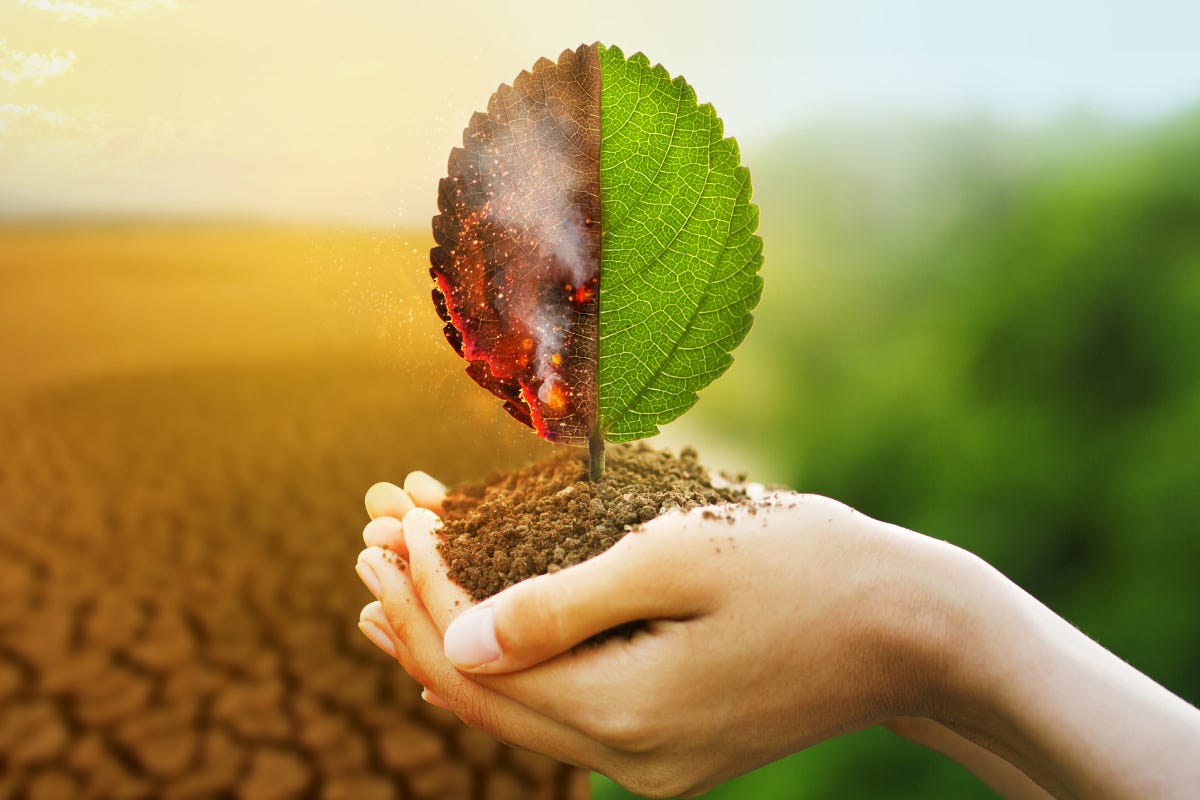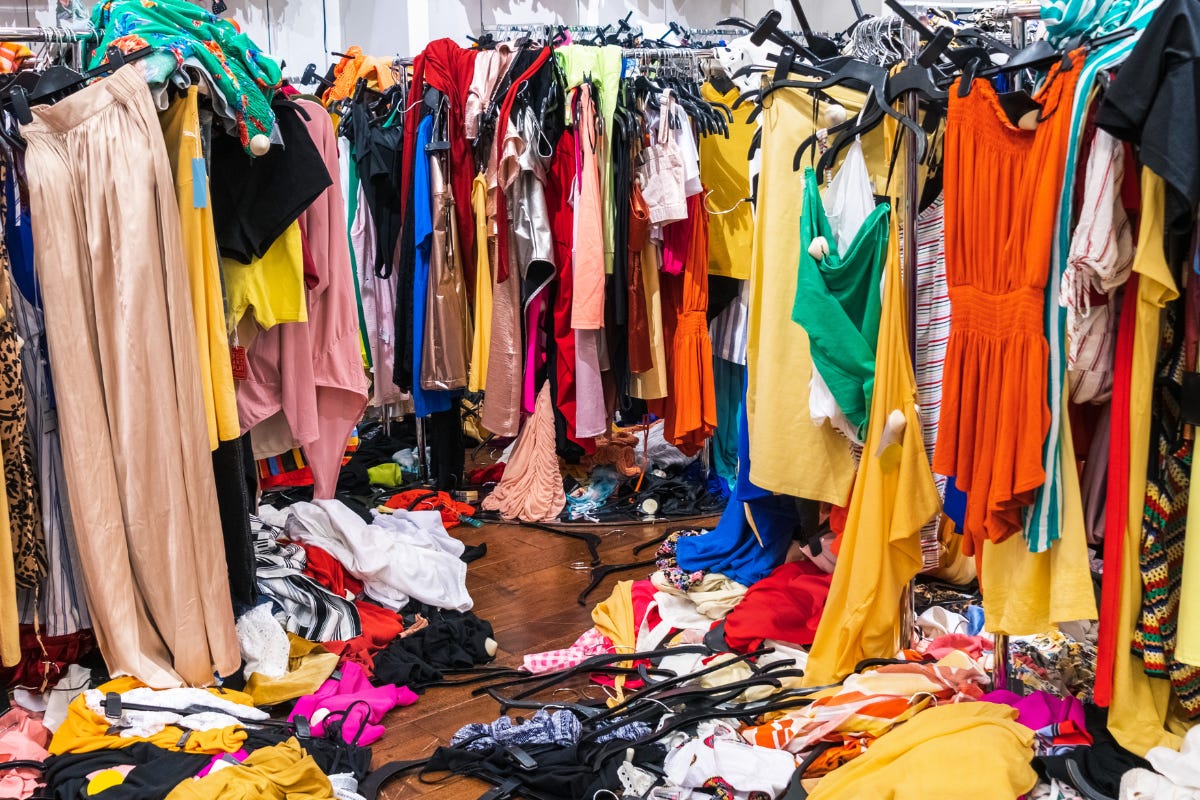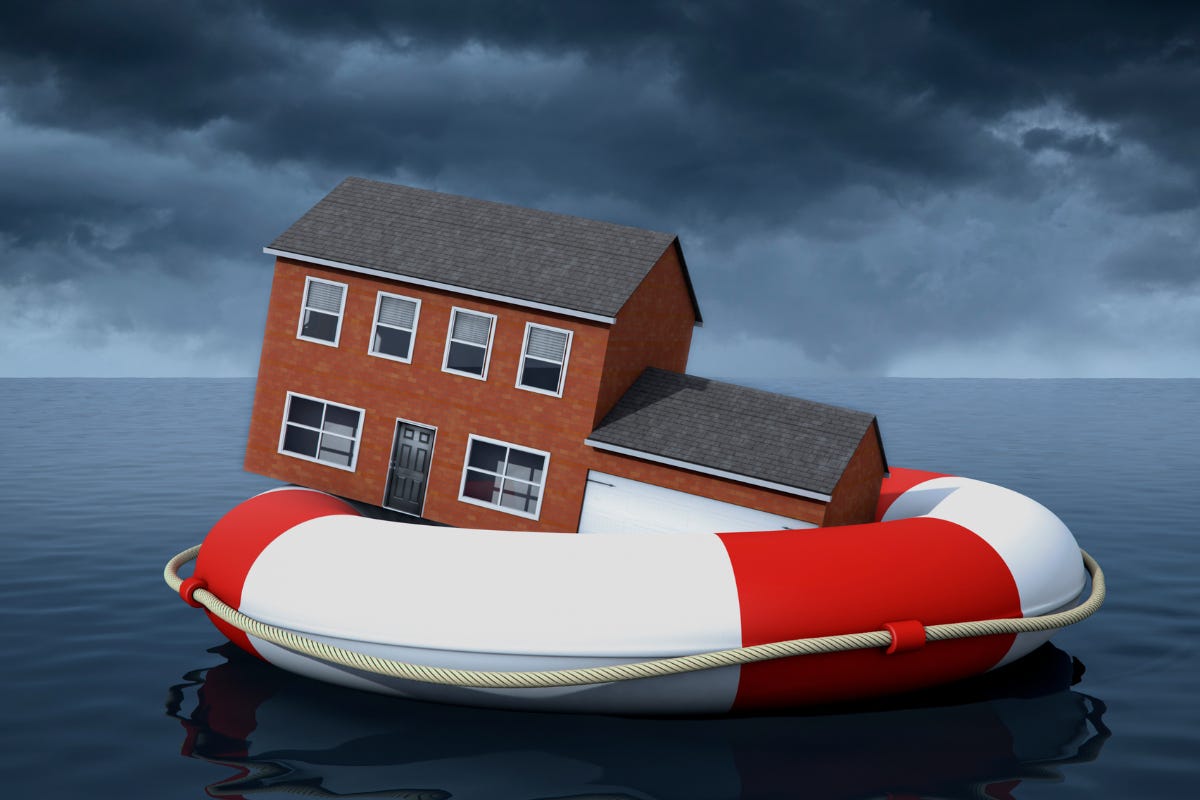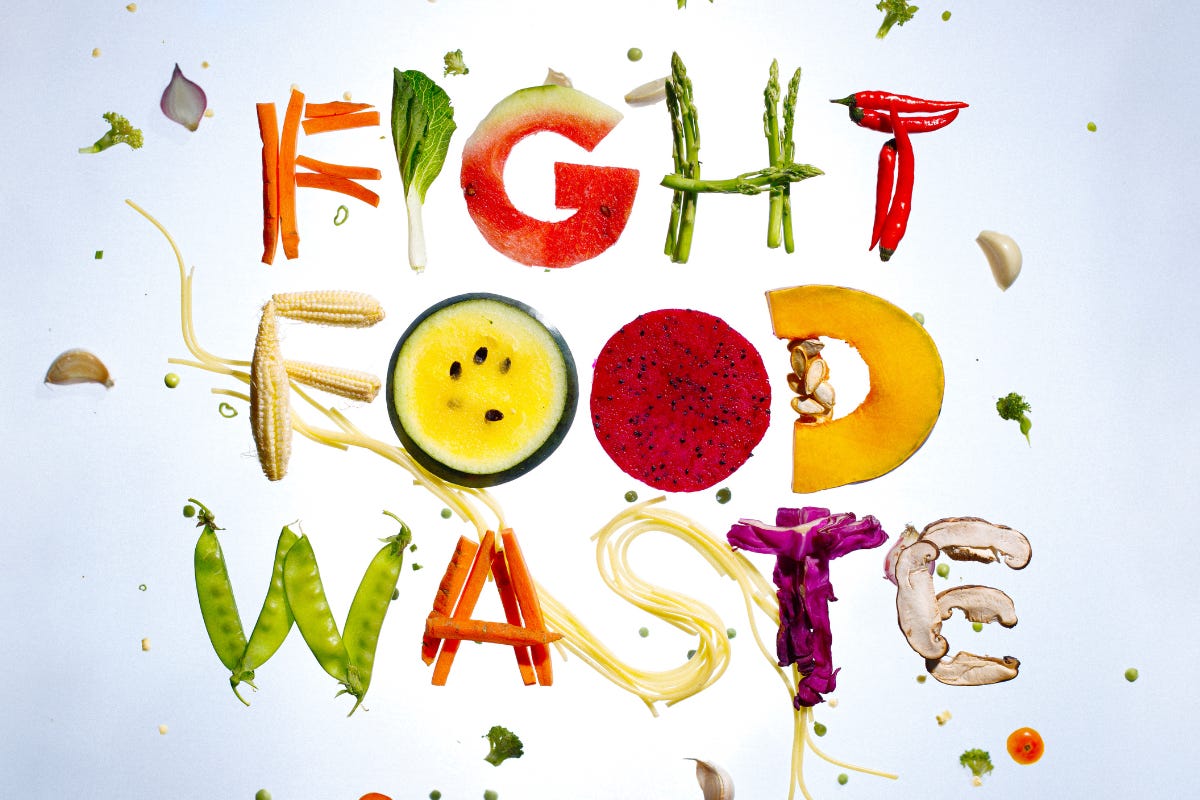Save the planet one step at a time
We are moving closer to a world that none of us would choose or recognise.
By Annette J Beveridge
The term climate change has become an integral part of everyday language and while this is a good thing because it shows (however slowly) the message is getting across, we are still living on a knife-edge of vast environmental losses.
Every decision we make and every action we take can impact the world around us in a negative way. We are moving closer to a world that none of us would choose or recognise.
Scare tactics can have a debilitating impact on people and instead of taking action, people feel helpless, so a balance must be struck if to achieve the right approach. Even subtle changes can have a positive effect for good.
It is simply a case of contemplating changes to everyday behaviours.
Here’s how:
Reduce and repair first
We all know that we should be recycling everything we can but, we MUST also look at minimising the amount of goods we purchase and, reducing consumption.
Consider this….is it possible to make do with what you have? Do you really need that extra item? Where possible, mend faulty or broken products rather than just disposing of them. Repair groups or centres have been springing up in the UK so try to use these first where possible.
Avoid fast fashion
Each year, approximately 1.75m tonnes of clothing and textile waste is created in the UK. 1.2m tonnes of this ends up in landfill. It takes hundreds of years for textiles to decompose and greenhouse gases are released during this process.
Fast fashion is on the rise, so counteract this by making responsible purchases. Buy second hand clothes where possible but if you need to buy new, then purchase good quality clothing which will last you for years. Look after your clothes, buy only what you need and don’t just discard clothes to landfill, take unwanted items to charity shops instead.
You will make a difference.
Become an influencer
No, this doesn’t mean influencing thousands of people through social media, instead, start with family members, friends and neighbours. Talk to people and explain what you are trying to do. Explain with passion and enthusiasm. Avoid preaching.
Make it a positive challenge and tell people your successes and failures too. We can all learn from each other.
Extend this to the workplace. There is often a great deal of waste within business processes, identify these and talk to the management.
Protecting the home
Flood risks are likely to become a part of the seasonal cycles in the UK so avoid paving over gardens. With heavy rain comes the need for good drainage and a paved area will not help this. Use grass and plants to help drain water naturally.
Don’t fixate on the small stuff.
It doesn’t matter if the garden does not look ultra neat. Learn to work alongside nature.
Create log piles in one corner, have a small wildlife pond, feed the birds and start producing your own fruit or vegetables.
Avoid using harmful products such as pesticides or slug pellets. Let nature do the work for you.
Food waste
People often fail to consider how food arrives on their plates or to contemplate the journey a single item of food has taken but it is likely to have travelled 1500 miles first.
This begs the question….how fresh can food be? How nutritious?
Consider purchasing locally instead and avoid vast quantities of emissions created by transportation.
Research indicates that in the UK alone in 2018, 9.5 million tonnes of food waste occurred and 70 per cent of this came from households.
This equated to 25,000,000 tonnes of greenhouse gas emissions.
The solution is to buy just what you need from local suppliers and to not over shop thereby, limiting the amount of food thrown away. By doing so, food will be fresher and more nutritious and you will be making a stand against a food system that is not working.
Do you want to do something positive for this planet, for wildlife and the environment? Join us.
Try our ‘Make a Difference’ offer.
Want to read more?
Deadly ambush predators - nothing is off the menu
By Annette J Beveridge Intimidating and deadly - enter the world of the largest lizard on the planet - the Komodo Dragon. Growing to a maximum length of 3m (9ft), dragons can weigh up to 70kg (150lbs). These are apex predators with the strength to take down and consume large animals such as deer or water buffalo. Nothing is off the menu….even people.
Anglerfish - taking the mating game to a whole new level
ONE species of Anglerfish plays a deadly mating game by absorbing its mate. The female deep sea Anglerfish (certatoidal) is an ambush predator which hunts in the dark depths of the ocean using a ‘fishing rod’ style appendage with a bioluminescent light.
For the love of wasps
By Annette J Beveridge Love them or loathe them, wasps are essential to a healthy ecosystem. Although there are 7,000 wasp species in the UK, the most commonly seen and often, disliked is the vibrant black and yellow species. The common wasp (Vespula Vulgaris) predates upon insects which are harmful to crops such as green fly or caterpillars. Without wasp…
OUR mission in life is to educate and enthuse about the wonders of wildlife and why we should protect this planet in every way possible. We cover the nitty-gritty environmental issues….we drill down into the latest science….we reveal aspects of wildlife that few know about….and we look at organic farming, permaculture and gardening for wildlife.
Try our ‘Make a Difference’ offer.








